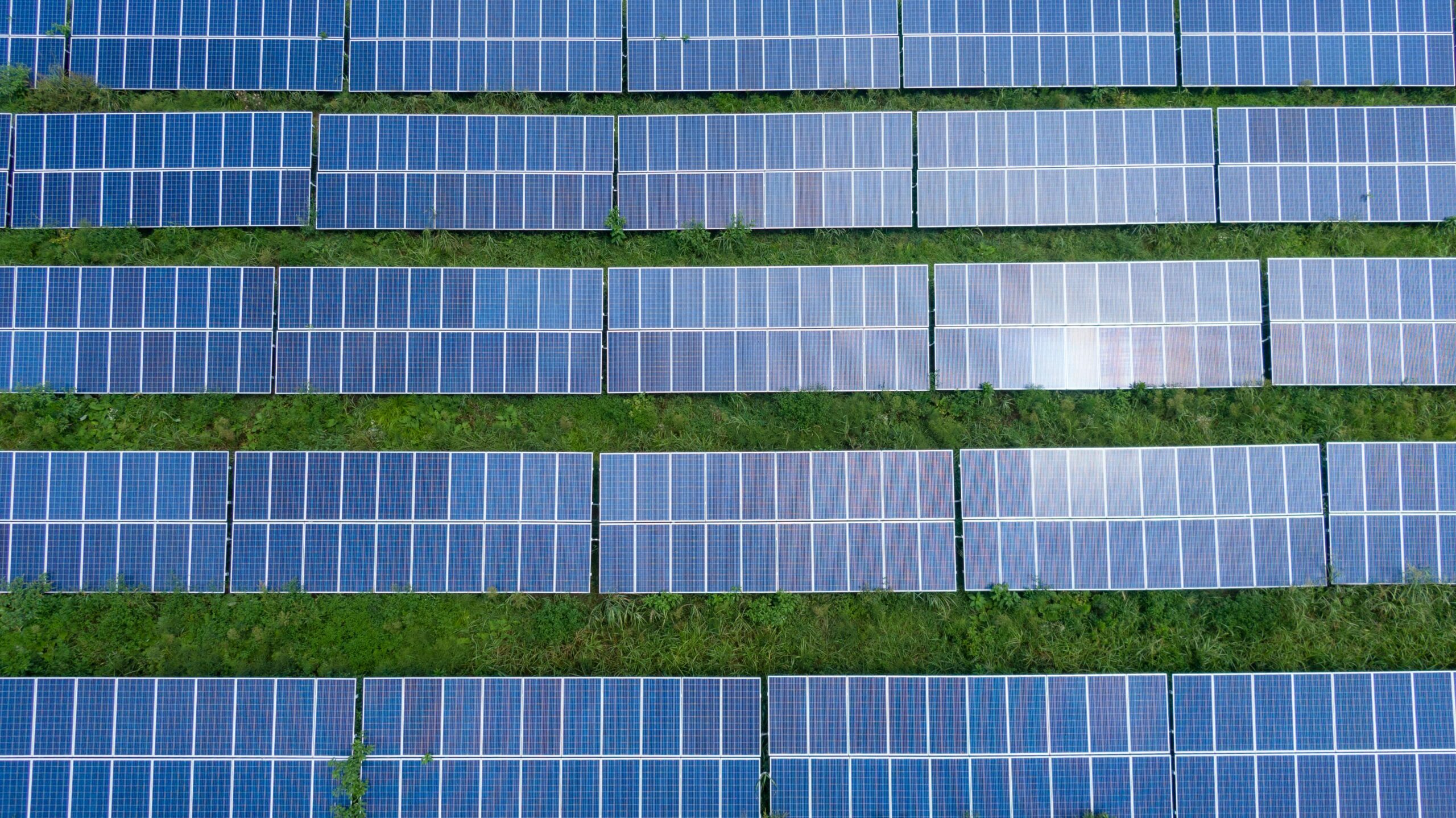ENTREPRENEURSHIP IN THE ENERGY STARTUP ECOSYSTEM
As the world grapples with the impacts of climate change and the need to transition toward sustainable energy, the role of startups in the energy sector is becoming more critical than ever. These young, innovative companies are disrupting traditional energy markets, developing breakthrough technologies, and offering new business models that prioritize sustainability, efficiency, and decentralized power generation.
Entrepreneurship in the energy space has grown exponentially, driven by advancements in clean energy technologies, regulatory changes, and increased investor interest in sustainable solutions. From energy storage and grid management to renewables and energy efficiency solutions, energy startups are leading the way in transforming the global energy landscape.
In this blog, we will explore the key drivers behind energy startups, the challenges they face, the role of innovation, and how they are reshaping the future of energy.
The rise of energy startups: a response to global challenges
Over the past decade, the energy startup ecosystem has seen remarkable growth. This rise can largely be attributed to a combination of global environmental challenges, technological advancements, and a shift in market demand. The transition from traditional fossil fuels to renewable energy is no longer just an idealistic pursuit but a necessity for both businesses and governments around the world.
Key drivers of energy startups:

- Climate change awareness: With increasing awareness of the adverse effects of climate change, there has been a push toward more sustainable energy solutions. Entrepreneurs are seizing this opportunity to create solutions that align with global environmental goals.
- Energy decentralization: The traditional centralized energy grid is becoming obsolete as more consumers demand control over their energy production and consumption. Startups are capitalizing on this shift, offering technologies that promote decentralized energy systems.
- Technological advancements: Innovations in areas such as solar panels, wind turbines, battery storage, and smart grid technology have lowered the barriers to entry for energy startups, enabling new businesses to compete with established energy companies.
- Government policies and incentives: Many countries have introduced policies that promote renewable energy, provide tax incentives, and support research and development in clean energy technologies. These policies create a conducive environment for startups to thrive.
By responding to these global challenges, energy startups are positioning themselves at the forefront of the energy transition, providing the innovations and business models necessary for a low-carbon future.
Key sectors of innovation in energy startups
The energy startup ecosystem spans several sectors, each with its own unique opportunities and challenges. While the renewable energy sector is perhaps the most visible, other areas like energy storage, grid management, and energy efficiency are equally important in creating a holistic and sustainable energy system.
Renewable energy:
Renewable energy technologies, such as solar, wind, geothermal, and hydropower, have been central to the energy startup boom. These technologies are rapidly becoming more efficient and cost-effective, making them viable alternatives to fossil fuels.
Startups in the renewable energy sector are not only focusing on generating power but also on developing innovative solutions to store, manage, and distribute energy. Companies like Tesla (with its solar and battery storage products) and NextEra Energy have set the stage for many smaller startups that are advancing the field further.
Energy storage:
One of the major challenges of renewable energy is its intermittent nature. Solar and wind energy depend on environmental conditions, which can lead to periods of oversupply or scarcity. This has made energy storage a crucial area of innovation.
Startups in this space are developing new battery technologies (such as solid-state batteries and flow batteries), as well as other storage solutions like compressed air energy storage and thermal energy storage. These innovations will play a key role in ensuring that renewable energy can be reliably stored and used as needed.
Grid management and smart grids:
As the number of renewable energy sources and distributed energy resources increases, managing the grid becomes more complex. Startups are working on smart grid technologies that use advanced sensors, data analytics, and AI to optimize energy distribution and consumption in real-time.
By improving the efficiency and reliability of the energy grid, these technologies allow for better integration of renewable energy sources, reducing the risk of outages and ensuring a stable energy supply.
Energy efficiency solutions:
Startups are also driving innovations in energy efficiency, providing businesses and households with tools to reduce their energy consumption. This includes developing energy-efficient appliances, retrofitting buildings with smart energy management systems, and creating software platforms that help consumers track and optimize their energy use.
By reducing energy waste, these startups contribute to a more sustainable energy system, where less energy needs to be produced in the first place.
Challenges faced by energy startups
While energy startups are playing a crucial role in transforming the global energy landscape, they also face significant challenges. These include high capital requirements, navigating complex regulatory environments, and scaling their solutions in a competitive market.
Capital intensity:
Energy startups often require significant upfront investment to develop and commercialize their technologies. Whether it’s building new renewable energy infrastructure, creating battery storage systems, or developing software for smart grids, the initial costs can be prohibitive for many startups.
Venture capital (VC) funding in the energy sector has been growing, but not all startups have access to the necessary funds. Additionally, many investors are still hesitant to invest in energy startups due to the long development timelines and the high risks associated with these projects.
Regulatory hurdles:
Navigating the complex regulatory landscape is another major challenge for energy startups. Each country has its own regulations governing energy production, distribution, and consumption, and these can vary significantly between regions. Additionally, governments may change their energy policies, which can create uncertainty for startups trying to plan for the future.
Startups must stay informed about these regulations and often need to engage with policymakers to ensure that their solutions comply with local laws.
Scaling and commercialization:
Scaling a new energy technology is often more difficult than creating the initial prototype. Energy startups need to prove that their solutions can be deployed at scale, which often involves testing, certification, and securing partnerships with larger energy companies or utilities.
Moreover, startups face competition not only from other startups but also from well-established energy companies. These incumbents have more resources and market experience, which can make it difficult for startups to break through and capture market share.

The role of innovation in the energy startup ecosystem
Innovation lies at the core of the energy startup ecosystem. Startups are challenging the status quo and finding new ways to generate, store, and distribute energy. This is particularly important in the context of climate change, as traditional energy models are proving to be unsustainable in the long term.
Disruptive technologies:
Many energy startups are developing disruptive technologies that have the potential to completely reshape the energy sector. For example, advances in blockchain technology are enabling peer-to-peer energy trading, where individuals can buy and sell excess renewable energy directly to each other, bypassing traditional utilities.
Similarly, breakthroughs in artificial intelligence (AI) and machine learning are allowing for more accurate forecasting of energy demand and supply, as well as optimizing energy storage and distribution. These innovations not only improve efficiency but also reduce the cost of energy, making renewables more competitive with fossil fuels.
New business models:
In addition to technological innovations, energy startups are also pioneering new business models that make energy more accessible and affordable. One example is the «as-a-service» model, where startups offer energy systems like solar panels or batteries on a subscription basis. This reduces the upfront cost for consumers and businesses, making it easier to adopt clean energy solutions.
Another innovative model is community-owned energy projects, where local communities invest in and operate their own renewable energy sources. These projects give people more control over their energy supply and promote the decentralization of energy systems.
The future of entrepreneurship in the energy sector
Looking ahead, the energy startup ecosystem is poised for continued growth and innovation. As the world moves closer to a low-carbon economy, the demand for clean energy solutions will only increase, creating new opportunities for entrepreneurs to make a meaningful impact.
Opportunities for startups:
- Decarbonizing industries: Startups have a unique opportunity to develop solutions that help decarbonize energy-intensive industries such as manufacturing, transportation, and agriculture. Innovations in green hydrogen, carbon capture, and electrification of industrial processes will be key to reducing emissions in these sectors.
- Energy access in developing regions: Many startups are focusing on bringing clean energy to regions that lack reliable access to electricity. Off-grid solar systems, mini-grids, and low-cost energy storage solutions are being deployed in parts of Africa, Asia, and Latin America, providing energy to millions of people who previously lived without it.
- Collaboration with big energy players: While startups often disrupt traditional markets, they also have opportunities to collaborate with established energy companies. By partnering with large utilities or oil and gas companies, startups can scale their technologies faster and gain access to new markets.
The role of government and investors:
Governments and investors will continue to play a critical role in supporting the growth of energy startups. Governments can create favorable regulatory environments, provide funding through grants and subsidies, and set ambitious climate targets that drive demand for clean energy solutions.
Investors, on the other hand, need to take a long-term view of their investments in energy startups. While the energy sector often requires more time and capital to achieve returns compared to other industries, the potential for high impact and financial success is significant.

Entrepreneurship in the energy startup ecosystem is more than just a business opportunity—it’s a necessary step toward a sustainable and resilient energy future. These startups are driving the innovation needed to transition away from fossil fuels, improve energy efficiency, and empower consumers to take control of their energy consumption.

